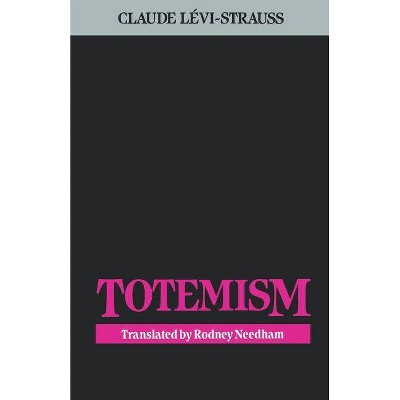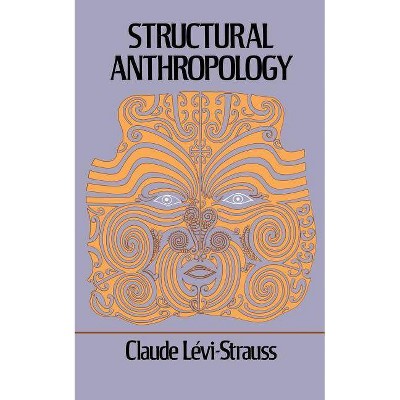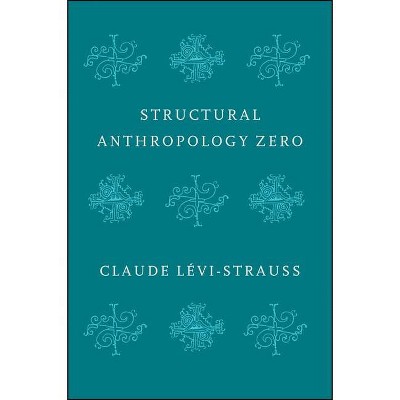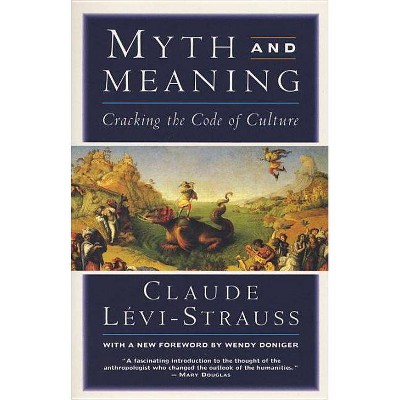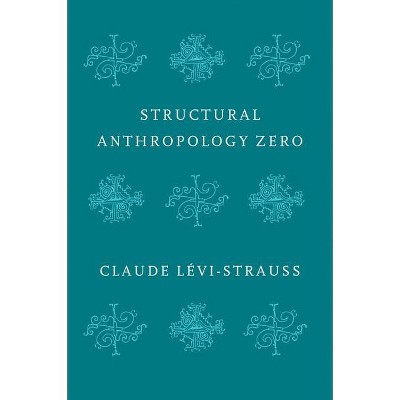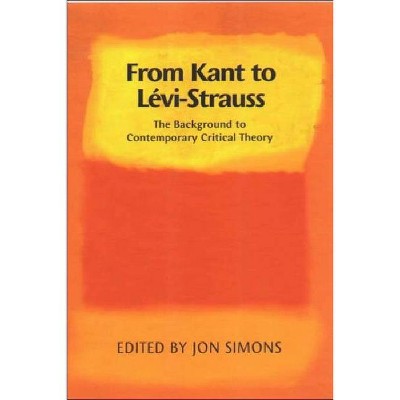Tristes Tropiques - (Penguin Classics) by Claude Levi-Strauss (Paperback)
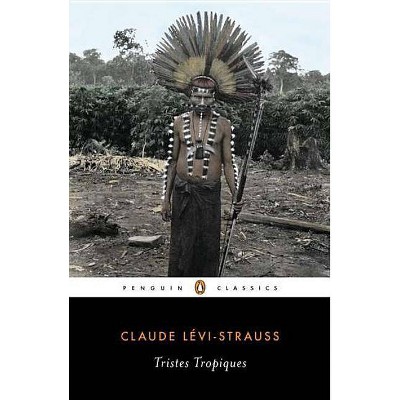
Similar Products
Products of same category from the store
AllProduct info
<p/><br></br><p><b> About the Book </b></p></br></br>First published in 1955, Claude Levi-Strauss's accounts of his researches among the peoples of the Amazon is a fascinating study and influential in understanding the organization of human society. He writes of myths and superstitions, modern cities and ancient villages, and each page is packed with anecdotes and observations. Photos & illus. throughout.<p/><br></br><p><b> Book Synopsis </b></p></br></br><b> A milestone in the study of culture from the father of structural anthropology<br></b><p>This watershed work records Claude Lévi-Strauss's search for a human society reduced to its most basic expression. From the Amazon basin through the dense upland jungles of Brazil, Lévi-Strauss found the societies he was seeking among the Caduveo, Bororo, Nambikwara, and Tupi-Kawahib. More than merely recounting his time in their midst, <i>Tristes Tropiques</i> places the cultural practices of these peoples in a global context and extrapolates a fascinating theory of culture that has given the book an importance far beyond the fields of anthropology and continental philosophy. The author's fresh approach, sense of humor, and openness to the sensuous mystique of the tropics make the scientific thrust of the book eminently accessible. <p/>For more than seventy years, Penguin has been the leading publisher of classic literature in the English-speaking world. With more than 1,700 titles, Penguin Classics represents a global bookshelf of the best works throughout history and across genres and disciplines. Readers trust the series to provide authoritative texts enhanced by introductions and notes by distinguished scholars and contemporary authors, as well as up-to-date translations by award-winning translators.</p><p/><br></br><p><b> From the Back Cover </b></p></br></br>Tristes Tropiques was an immensely popular bestseller when it was first published in France in 1955. Claude Levi-Strauss's groundbreaking study of the societies of a number of Amazonian peoples is a cornerstone of structural anthropology and an exploration by the author of his own intellectual roots as a professor of philosophy in Brazil before the Second World War, as a Jewish exile from Nazi-occupied Europe, and later as a world-renowned academic (he taught at New York's New School for Social Research and was French cultural attache to the United States). Levi-Strauss's central journey leads from the Amazon basin through the dense upland jungles of Brazil. There, among the Amerindian tribes - the Caduveo, Bororo, Nambikwara, and Tupi-Kawahib - he found "a human society reduced to its most basic expression". Levi-Strauss's discussion of his fieldwork in Tristes Tropiques endures as a milestone of anthropology, but the book is also, in its brilliant diversions on other, more familiar cultures, a great work of literature, a vivid travelogue, and an engaging memoir - a demonstration of the marvelous mental agility of one of the century's most important thinkers. Presented here is the translation by John and Doreen Weightman of the complete text of the revised French edition of 1968, together with the original photographs and illustrations.<p/><br></br><p><b> About the Author </b></p></br></br><b>Claude Levi-Strauss</b> (1908-2009), the founder of structural anthropology, was born in Belgium and studied at the University of Paris. A member of the French Academy, he authored numerous works, including <i>Structural Anthropology, The Savage Mind, </i> and <i>Myth and Meaning</i>. <p/><b>Patrick Wilcken</b> is the author of <i>Claude Levi-Strauss: The Father of Modern Anthropology</i>. He lives in London. <br><b><br>John Weightman</b> (1915-2004) and <b>Doreen Weightman</b> (d. 1985) together translated several important anthropological works of Claude Levi-Strauss and a book about Rousseau by Jean Guehenno.
Price History
Price Archive shows prices from various stores, lets you see history and find the cheapest. There is no actual sale on the website. For all support, inquiry and suggestion messages communication@pricearchive.us
